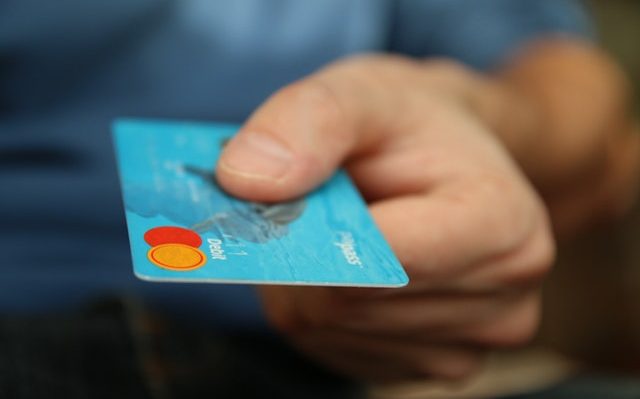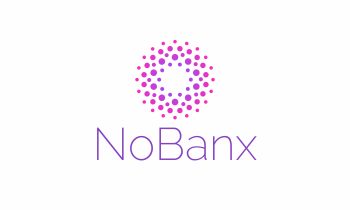
As the Dow Jones plummeted to its largest single-day percentage loss since October 1987, fears are spreading very much like the coronavirus causing the panic, that events will usher in a new global recession similar to the financial crash of 2008.
If this is the case, and on the whole, many major global economies were already teetering on the brink of recession, or in recession even before the coronavirus panic kicked in.
in the US, consumer debt, excluding mortgages, is already growing at an alarming rate, rising 4.3% on a year-on-year basis to $4.144 trillion in June 2019. The total US household debt has now risen by more than $993 billion since the peak of 2008.
The impact of the novel coronavirus is rippling through the U.S. and global economies, but it could take a few months to fully see the true fallout. The virus spread has left businesses around the world counting costs.
Spending on travel, tourism and entertainment activities account for about 7% of US GDP. With all the disruption just starting, a temporary and somewhat 10% drop over a three-month period in spending in these areas, this would lower the GDP by 0.7% overall. A slowdown in consumer and business spending could be particularly damaging for broadly syndicated loans and private credit.
Although the Fed is trying to cushion the blow of the coronavirus by lowering borrowing costs, many debt-laden businesses and people could face severe strains if the economy deteriorates further.
Increased Debt and Opportunities
With Average consumer debt per capita approximately $12,687 as of November 2019, it would be fair to say there will be an increase in the services of debt and debt recovery providers.
Payday lending may once again see a resurge in interest and profitability. As advances in fintech bring payday lending on a P2P basis, along with tightened regulation, the playing field in the payday lending arena has somewhat changed.
One area that will benefit is debt recovery. Companies such as International Recovery Solutions, www.irscollector.com, a California based firm that specialize in the recovery of consumer and commercial debt, will most likely experience a boom not seen post-2008.
Already, as per a survey conducted in 2016 by the Kaiser Family Foundation and the New York Times, it was revealed that 20% of Americans with health insurance have difficulty paying their medical bills, as the situation worsens the services of debt recovery and collection organisations will be more in demand.
Coronavirus will impact us all in one way or another and the economic consequences will be far-reaching, mostly bad, but some good, but still mostly bad.
Jacob
Latest posts by Jacob (see all)
- Why I Ditched Google for PrivacyWall and You Should Too - April 13, 2021
- 7 Reasons Why Privacy is Critical in Coin Collecting Software - September 22, 2020
- Andrew Anastasiou Launches LegionPay - August 13, 2020






